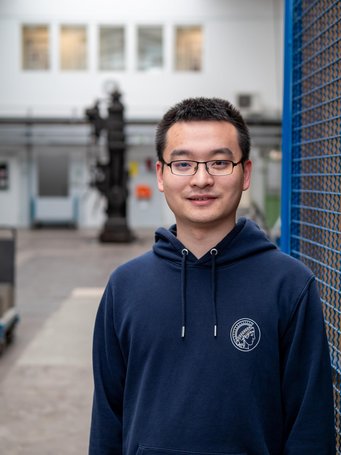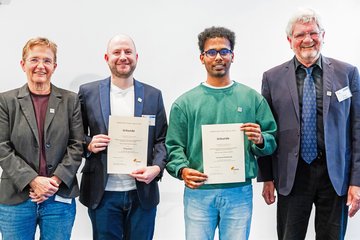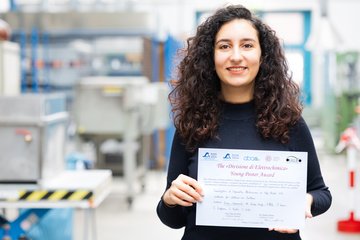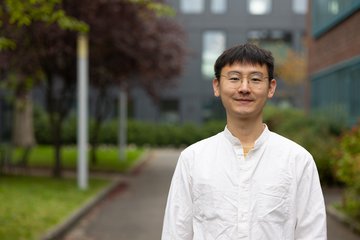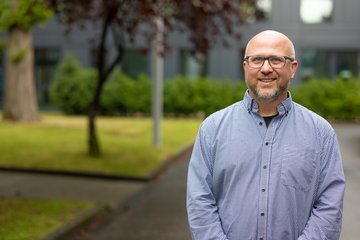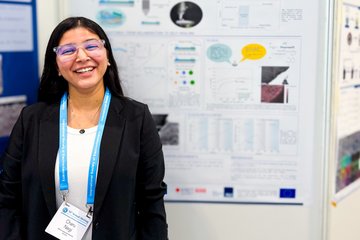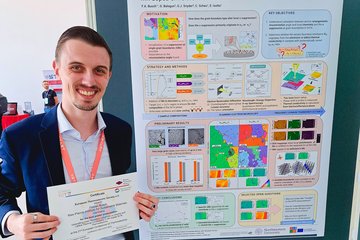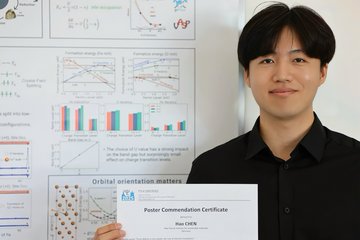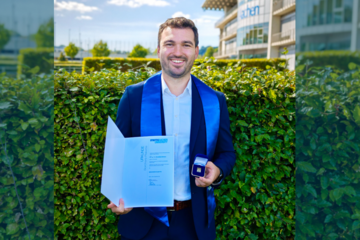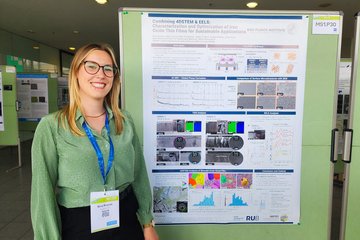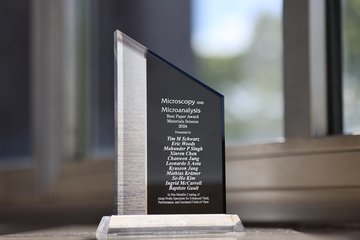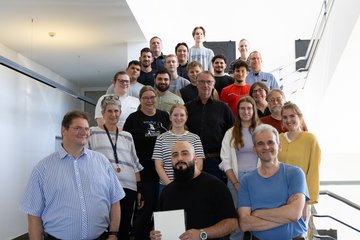Sustainable magnetic alloys for the energy transition
Dr. Shaolou Wei wins Humboldt scholarship and continues his research at MPI SusMat
The transition to carbon-free energy and high-performance functional devices are reliant on hard magnetic alloys. From the towering wind turbines to hand-sized hard drives, kilotons of hard magnets are produced each year with huge environmental and economic downsides as they usually contain rare-earth elements that are not abundant and thus expensive. The Alexander von Humboldt Foundation awarded Dr. Shaoulou Wei, postdoctoral researcher at the Max Planck Institute for Sustainable Materials (MPI SusMat), with a fellowship for his research on the design of new, sustainable hard magnetic alloys. The fellowship grants outstanding researchers a two-year stay at a German research institution of their choice. Wei chose to stay at MPI SusMat to continue his project: “I am truly excited to carry out my research here, where I aim to advance the frontiers of phase transitions for sustainable alloy design”.
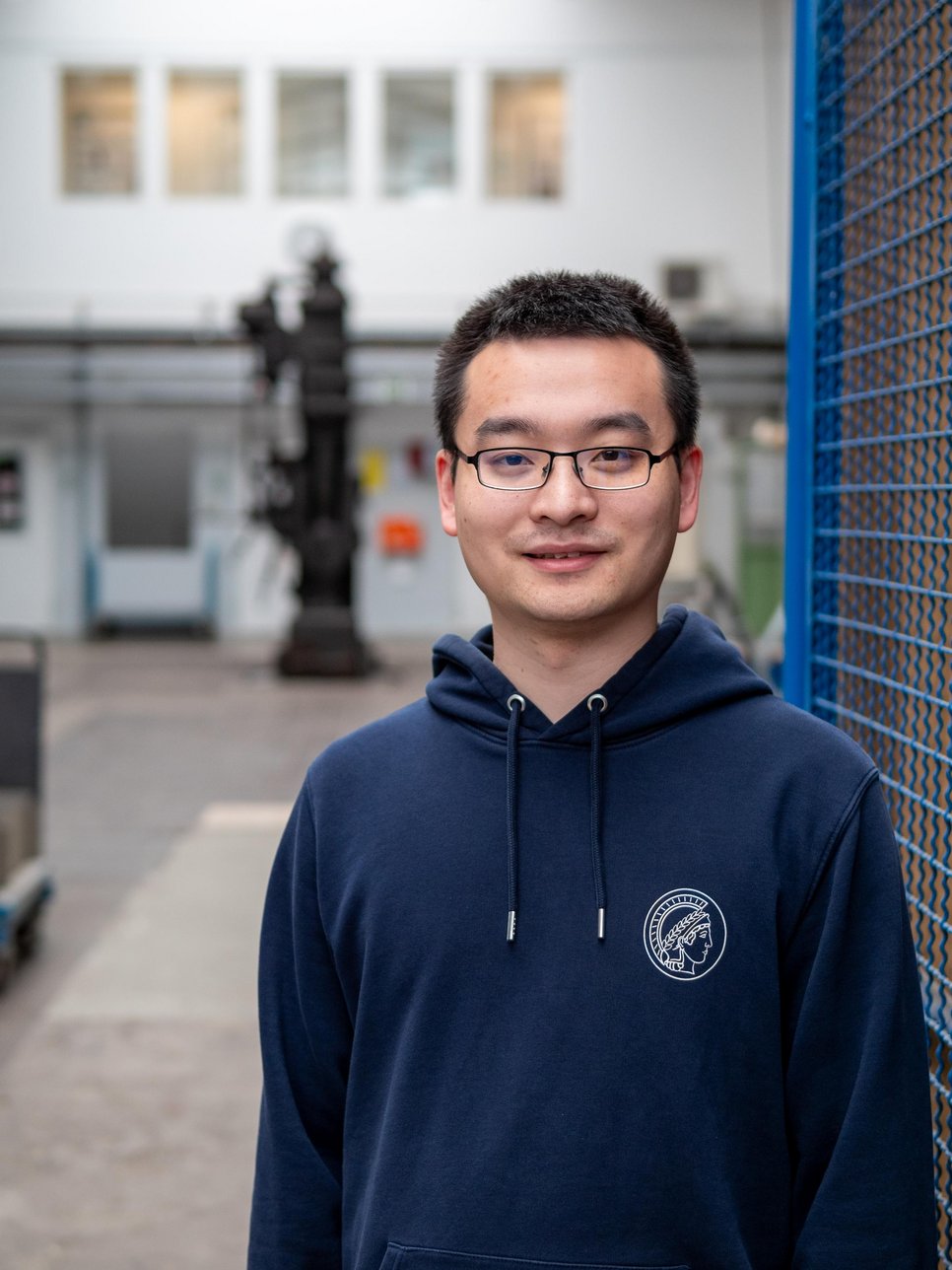
At MPI SusMat, Wei is working on an alternative approach for the development of hard magnetic alloys: “The magnets we try to design do not contain rare earth elements at all. They mostly consist of iron as the second most abundant metal in the earth’s crust and nitrogen as the most abundant element in the air we breathe. Such magnets can be stronger and their energy product may be twice as high as the currently available commercial rare earth element-based magnets. But there are still challenges in establishing the thermodynamic and kinetic foundations to synthesize these magnets”, explains Wei. In his project, Wei will develop a vapor-phase reactive dealloying bulk synthesis route. To explore the optimal microstructures for magnetic hardening, Wei aims to integrate the synthesis with multi-scale experimentation.
Prior to joining MPI SusMat, Wei accomplished his Doctor of Science in physical metallurgy and one-year postdoctoral research both at the Massachusetts Institute of Technology, U.S.A. The Humboldt Foundation supports academic cooperation between outstanding scientists from abroad and in Germany. It grants these research fellowships to researchers who have excellent qualifications and their own research profile. As the awardee is free to choose any host institution in Germany, the prize counts as a great honour for both the awardee and the host institution.
